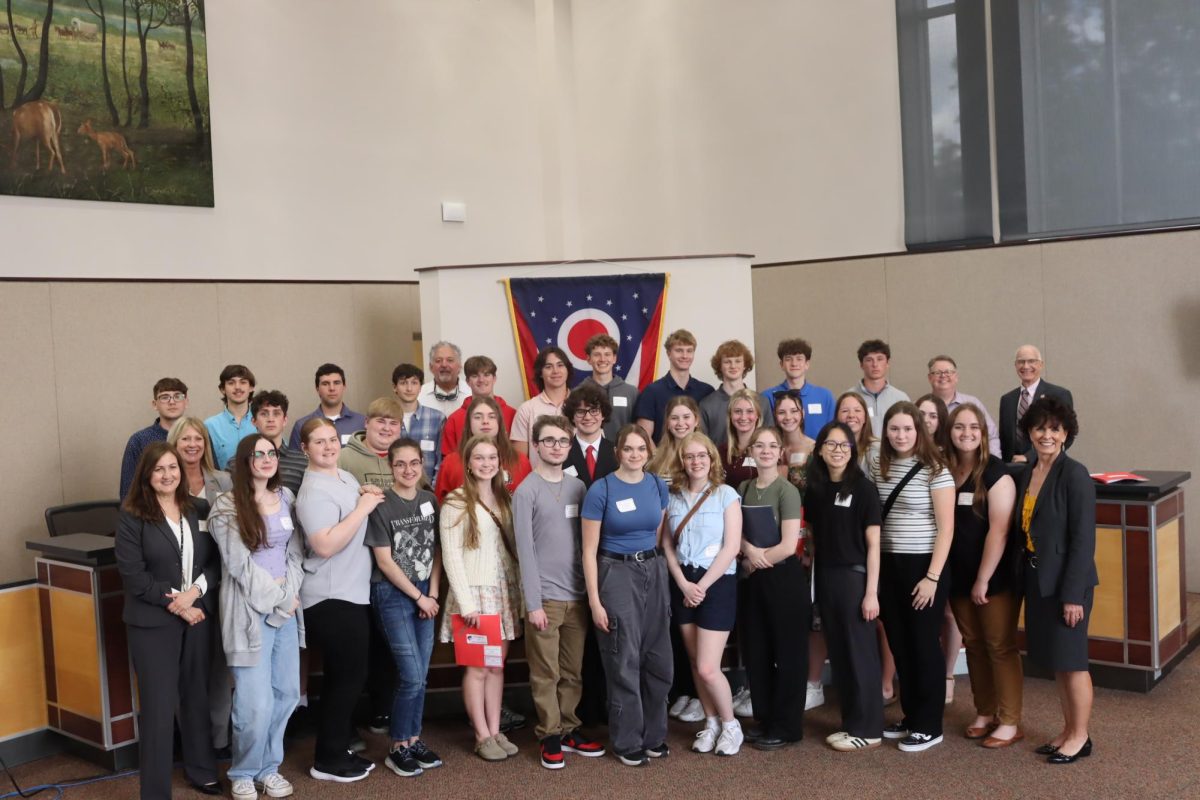BY JILLIAN CORNACCHIONE
Most prominently the largest deciding factor in any major electoral event are those individuals that don’t necessarily find themselves fixed under any one particular candidate.
Iowa holds the first official caucuses in the United States presidential primary election, granting the state with an esteemed reputation and massive news coverage throughout the entire nation. Although each candidate possesses his or her own clique of zealous supporters, there is a substantial amount of people who do not necessarily pertain to one specific contender until the very last second.
These individuals, who are identified as the uncommitted, are crucial figures in determining the victor of a caucus, and they play a colossal role in the presidential election as a whole.
“Iowans are notorious for holding out to the last second,” explained Marcus Hoekstra, a volunteer for the Joe Biden campaign. “They like to wave their options.”
In the 2020 election, the Iowa Democratic Caucus was anticipated to have a large group of uncommitted, given that the state’s residents were all over the board on several different policies proposed by a number of outspoken candidates.

Al Graziano, an Iowa resident who lives in a suburban neighborhood on the outskirts of Des Moines, found himself drifting under this label.
“For the most part, I have gone into each caucus undecided.” said Graziano. “There were a few years where it was really clear to me, but definitely not this year.”
Graziano does not stand with any distinct Democratic candidate in this election because he does not believe that some of the far-reaching ideas proposed are conceivable.
“There are a couple of issues that are going to cost a lot of money and I don’t know that the candidates have explained in a realistic way how they’re going to pay for it, such as medicare for all and $1,000 a month for everyone,” shared Graziano. “I just don’t see how that is going to happen with all our budget deficits. Bernie Sanders is right there towards the top, and he was there four years ago, but he’s got some costly proposals that are going to be hard to fund.”
Graziano arrives at his caucus location with a desire to be persuaded in any one candidate’s direction. He relies heavily on the passionate supporters of each team to clearly indicate why their candidate deserves the presidency and how he or she will successfully unite the country.
“I look for a plain-speaking candidate,” said Graziano. “One who does not talk over people’s heads, but one that talks to them in terms that they can understand.”
Another Iowa suburban resident, John Mahone, took a similar strategy when it came to caucusing, but his proposition behind this approach greatly contrasted that of Graziano’s. It was, however, one that several other uncommitted individuals latched onto early on in the election process.
“I want someone who is capable of removing Trump, and someone who speaks truth,” Mahone stated strongly.
This undeniably common ground that progressives hold has acted as a single unification among all levels of the Democratic party.
“I think people are showing up for Pete and some of the other candidates and saying, look, this guy in Washington is terrible, we need to work hard to get him out,” said District of Columbia Senator Michael Brown.
Nonetheless, the conception has also served as an enormous competition factor in the Democratic presidential race.

Nearly every Democratic candidate in the 2020 presidential election emphasizes to the American people their strong capability of defeating Donald Trump, who is currently in control of the White House. The campaign managers, volunteers, and passionate supporters of each contender have caught on to this prevailing theme as well, incorporating the message during the caucuses as a way to allure the undecideds in their particular direction.
“They know that Iowa is one of the most important states in an election, and they are the first state to caucus,” said Hoekstra. “Whoever comes out on top has an incredible position to become the nominee in the upcoming election against Donald Trump.”
This left the undecided in a difficult position. They were constantly pondering which candidate they could genuinely envision going all the way and removing Trump from power. The supporters of each contender were in constant battle with one another for these powerful, independent votes.
“There are a lot of people who are going to be caucusing, and by default, it’s going to come down to the last few people who are undecided to determine who wins,” remarked Hoekstra, prior to the Iowa caucuses.
The uncommitted had to make a difficult decision, one that likely determined the winner in Iowa. What it came down to in the end, were these unaffiliated individuals who hold a considerably large influence on, not only the caucuses itself, but the 2020 presidential election all together.





![Wadsworth's Class Of 2025 Walks At Graduation Ceremony [Photo Gallery]](https://wadsworthbruin.com/wp-content/uploads/2025/05/IMG_9018-1-1200x800.jpg)
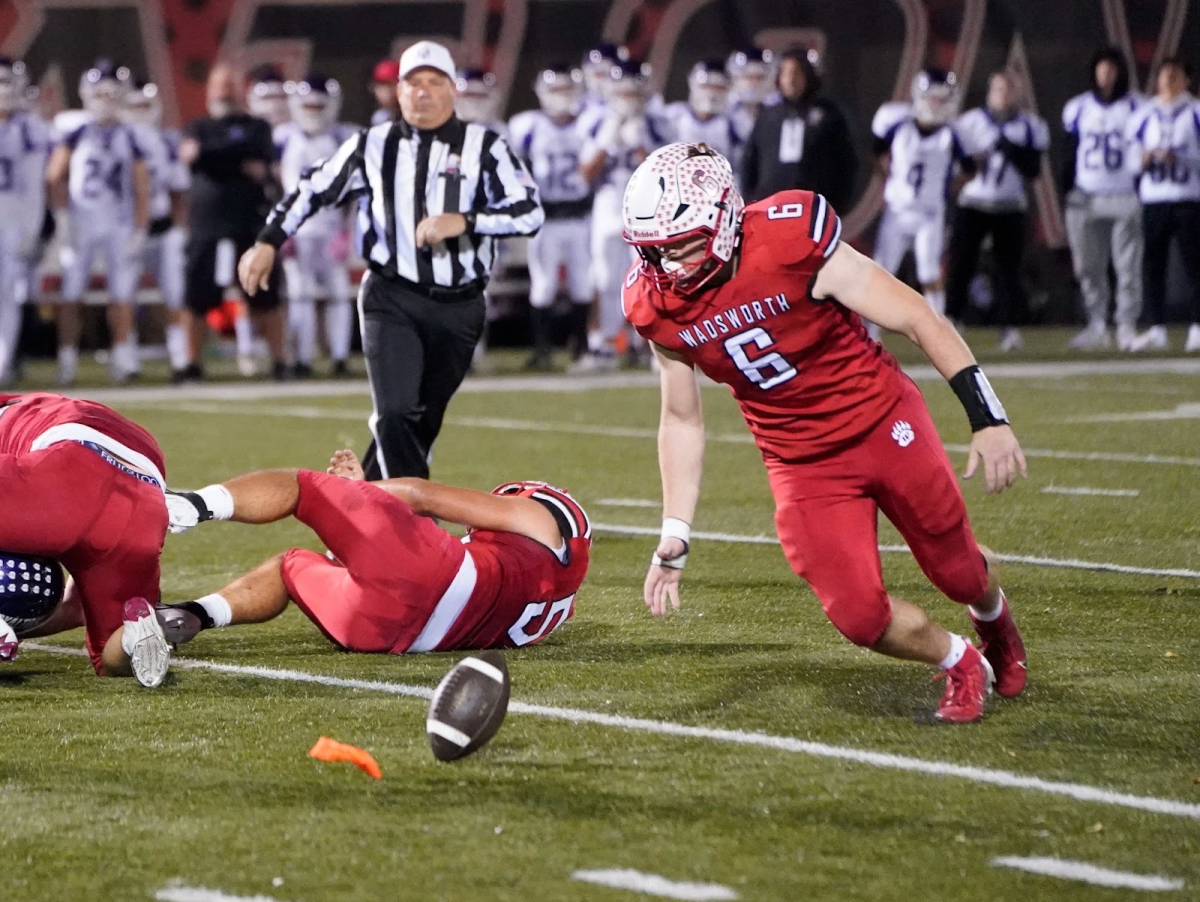





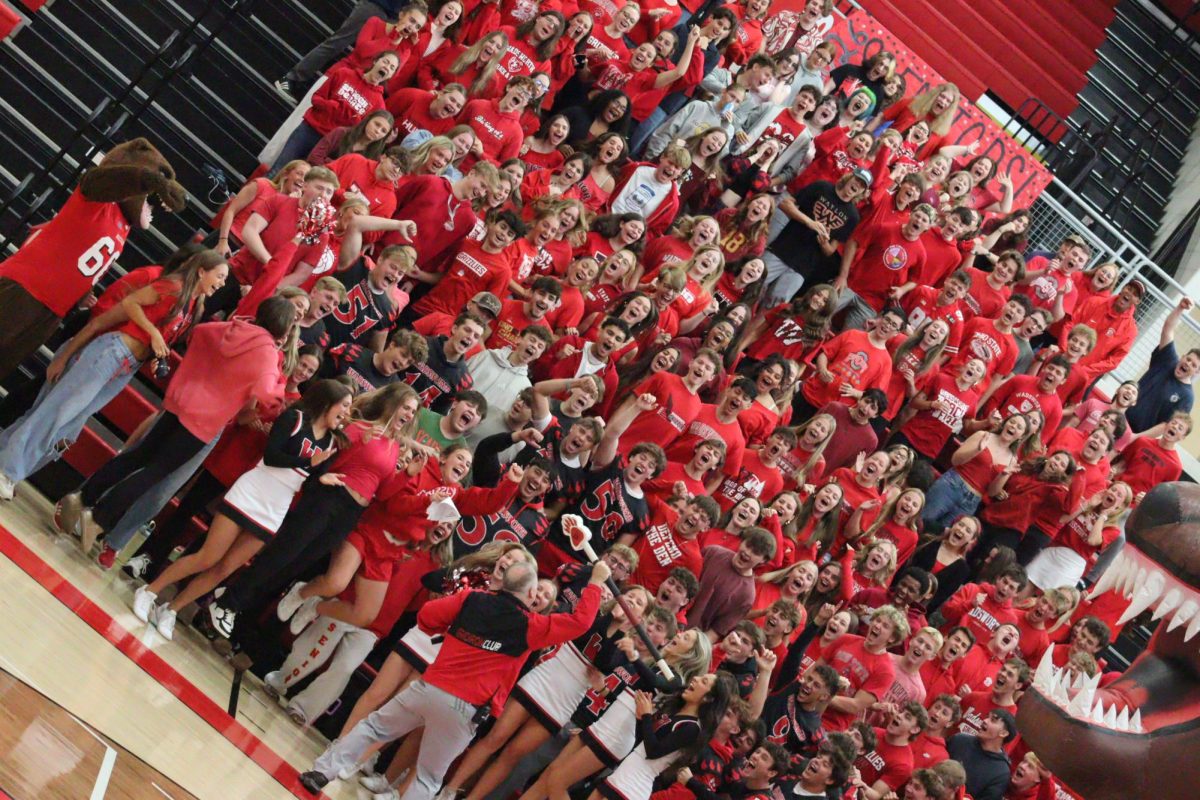






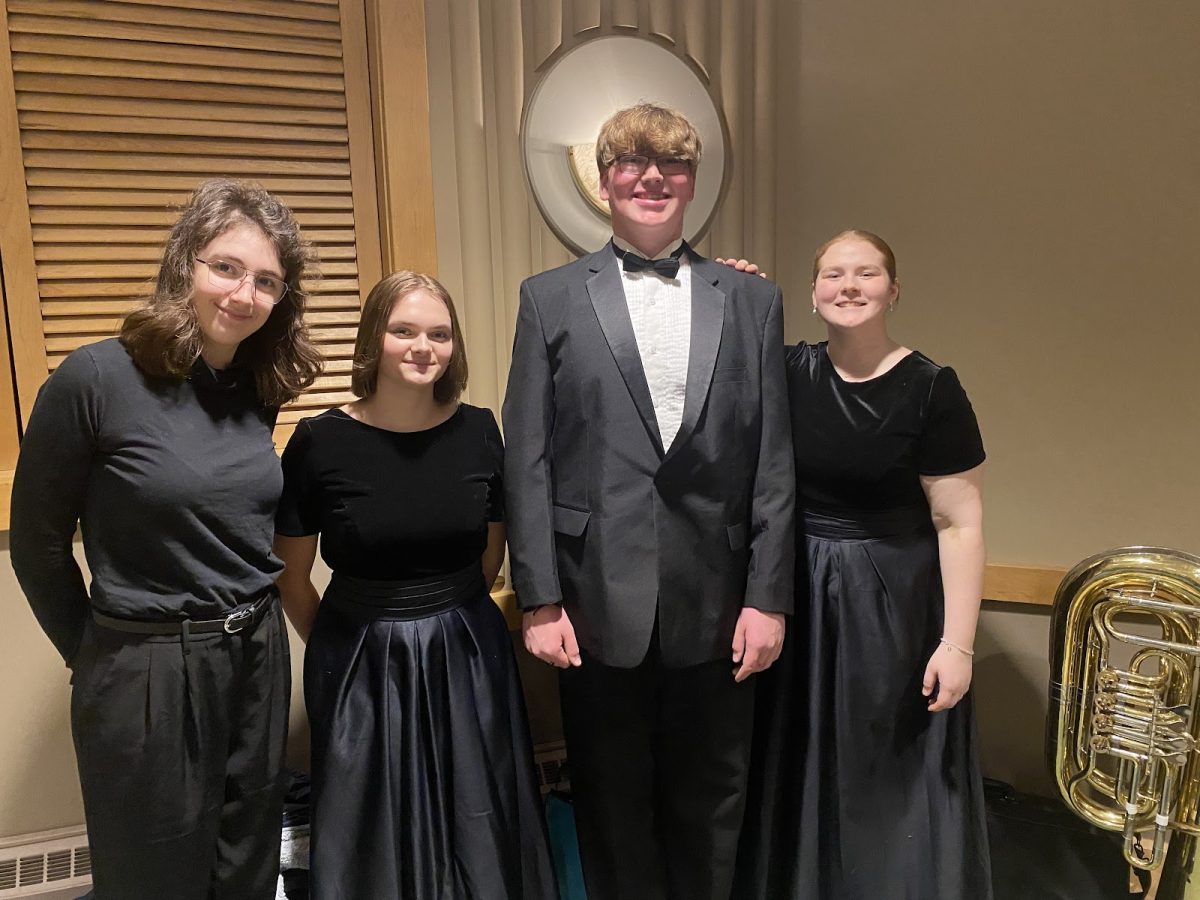













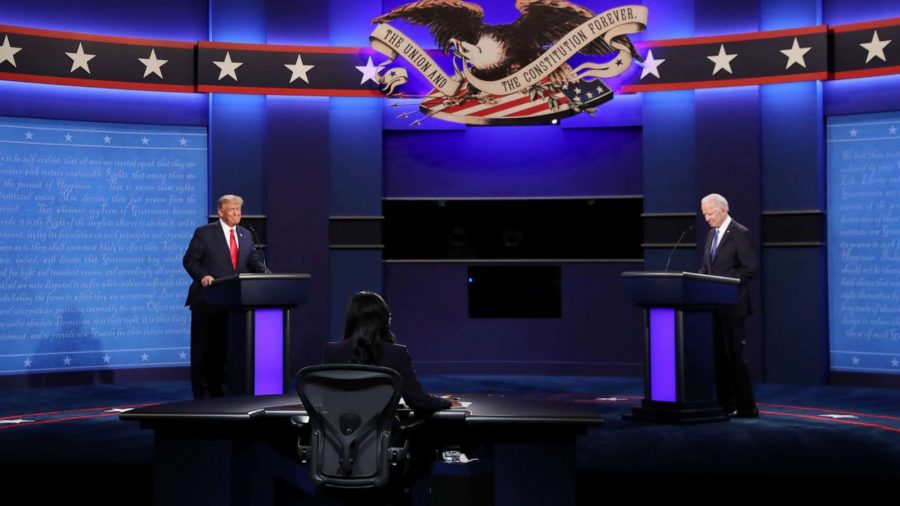
![The Bruin takes Iowa: The Documentary [Video]](https://wadsworthbruin.com/wp-content/uploads/2020/02/takesiowa-900x496.png)

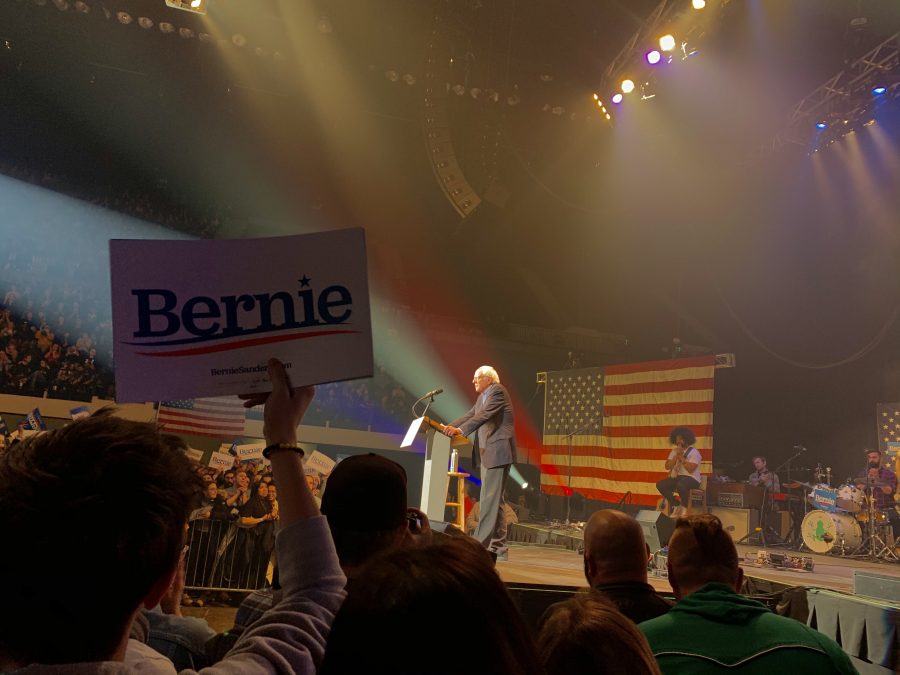
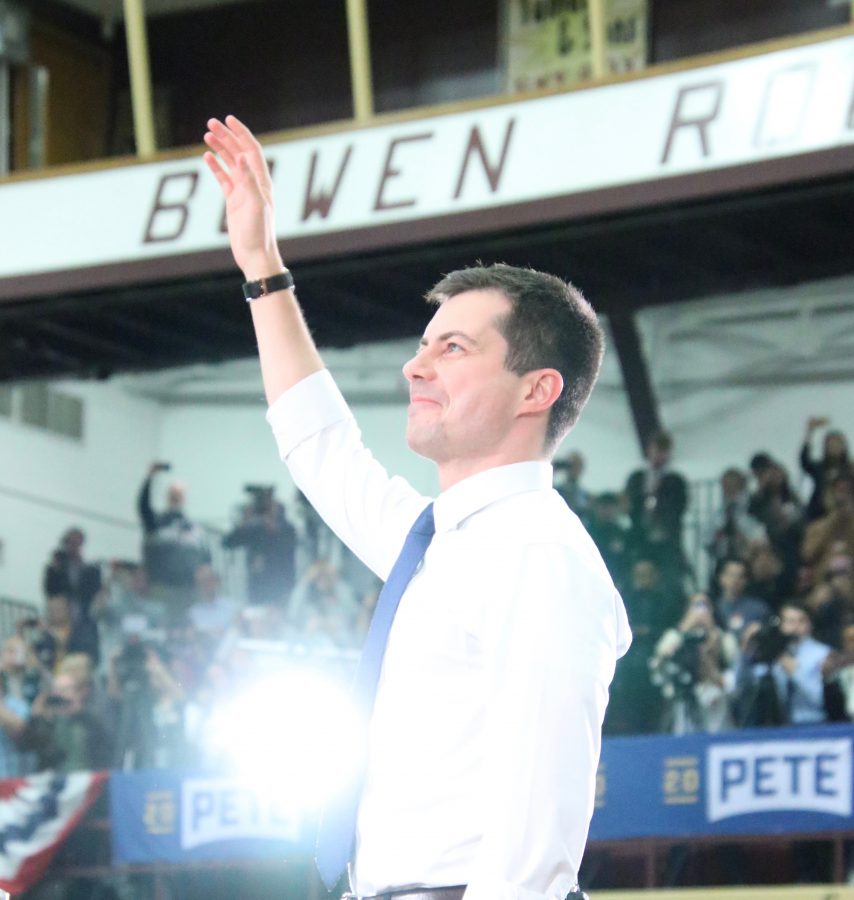
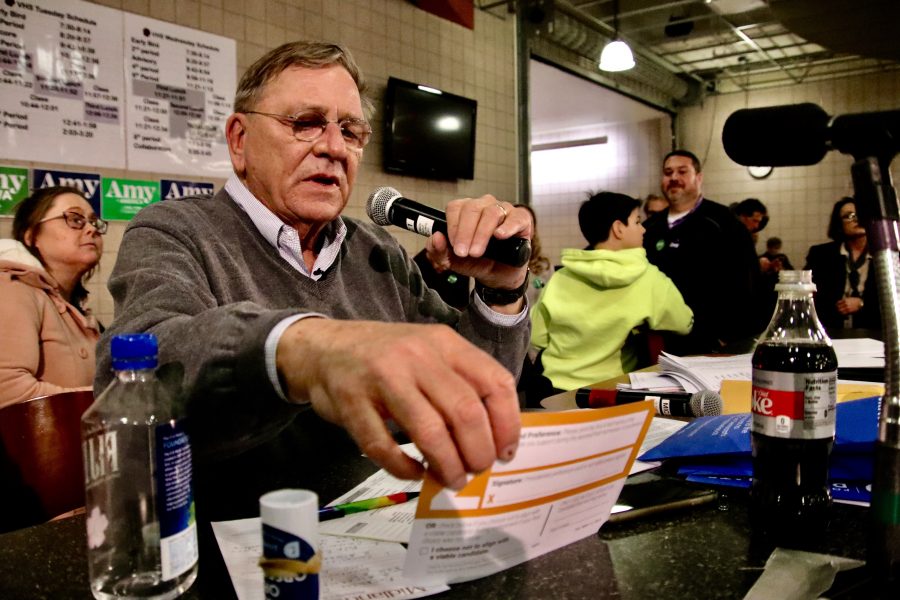
![Day 4: 2020 Iowa Caucus [Video]](https://wadsworthbruin.com/wp-content/uploads/2020/02/img_2173-900x600.jpg)


